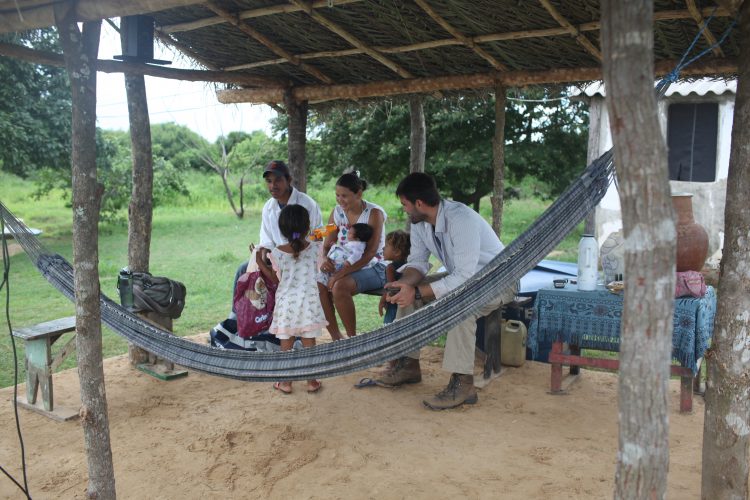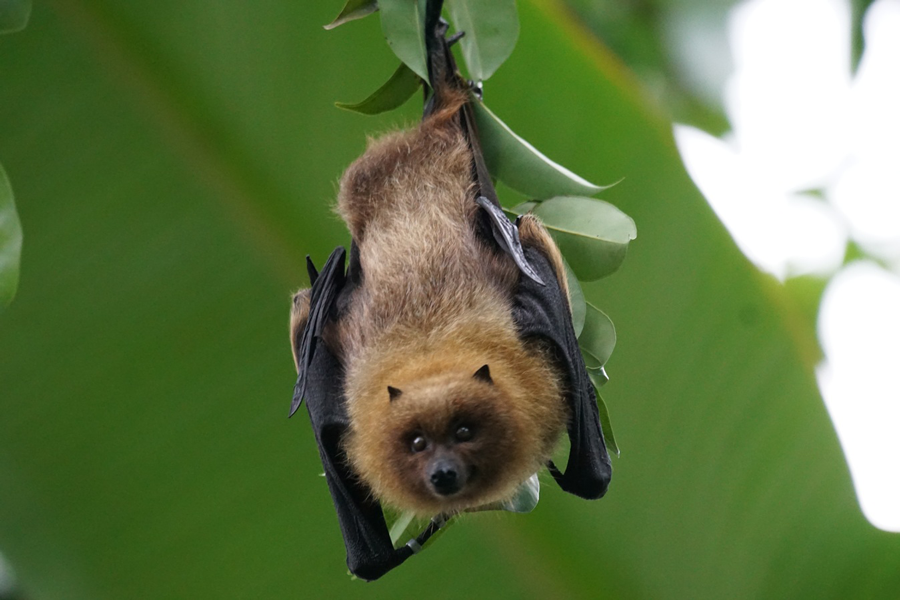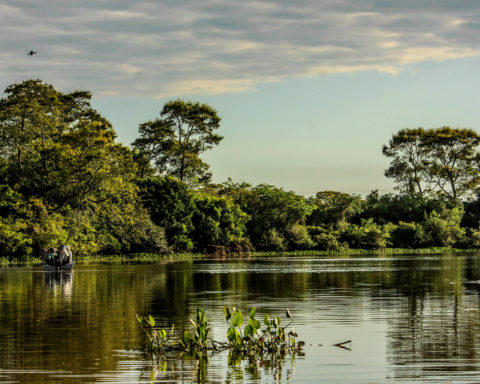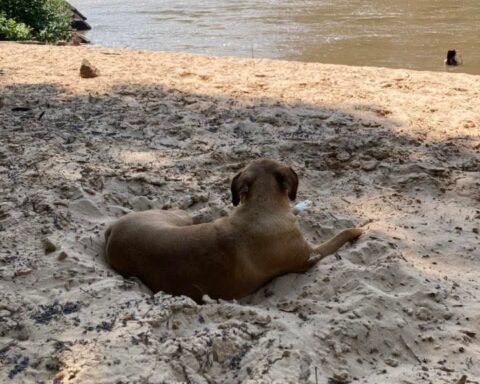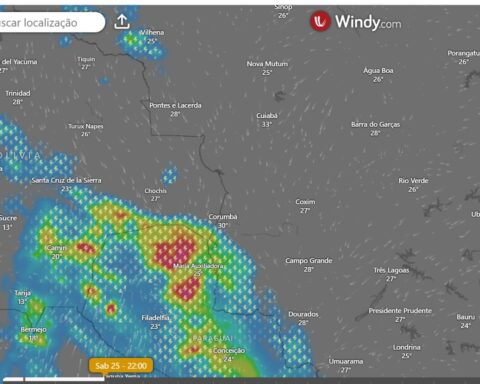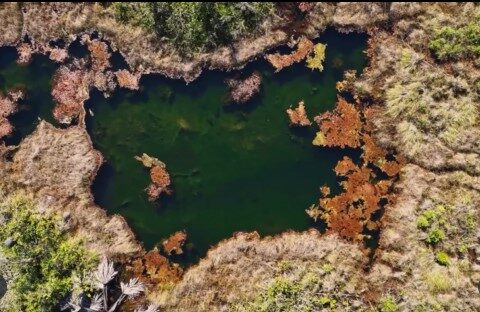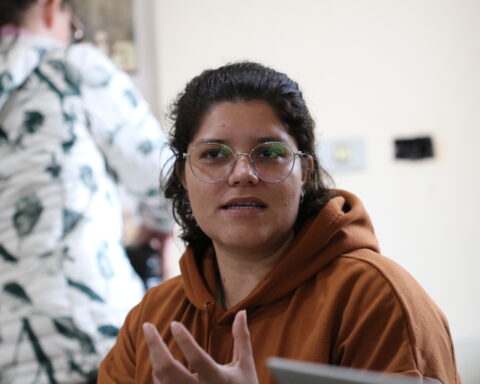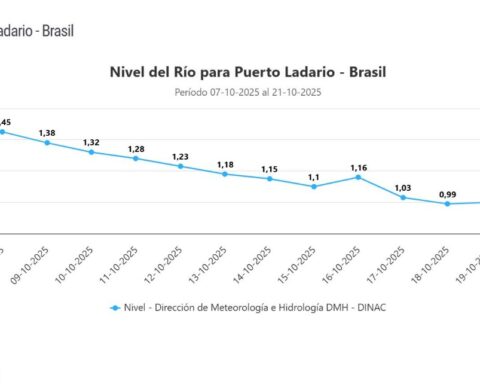Por Rafael Morais Chiaravalloti
Via Conservation Blog
There is a saying in Brazil that nothing is more disgusting in the world than a jaguar’s breath. I was raised hearing that if I did not brush my teeth, I would have bad breath like a jaguar. So, when I was invited to participate in a jaguar capture in the Pantanal, Brazil, naturally I had to check it out to see if the stories were true. Indeed, it’s not pleasant.
After working with big mammals for a few years as an intern, I was invited to take part in a research project focused on community-based tourism. It was going to be my first proper job. They were proposing for me to work with local people who were living close to protected areas in the Pantanal. At the time this sounded very stupid to me. I had just left university as an undergraduate with the belief that all people in the world were evil bastards destroying the environment, and we (my mates and I) were going to save it, using as a weapon our degree in Biology. The thought of studying people seemed an outrageous idea.
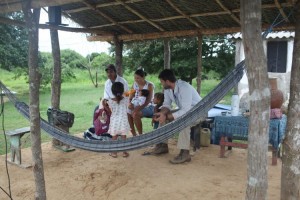
However, as some may guess: worse than a jaguar’s breath is not having money to buy my lunch, so I accepted the job. I had intended to return to my original beliefs and wield my Biology degree weapon soon enough. However, a few months went on, and my views began to change. The complexity of local communities and people’s lives started to fascinate me. All the time they have to make new decisions on where to fish, which gear they should use and most importantly, if it was even worth going out fishing or not. Moreover, all this was embedded in complex society, in which only relatives could move to the settlement and people’s behaviour was influenced by other people’s actions. I found myself intrigued by all this complexity, and the only solution I saw to better understand what I was experiencing was to undertake a PhD in Anthropology.
Two years into my PhD and I had spent one year of it living with local people in the Pantanal, trying to understand their relationship with the environment and jaguars. What I was beginning to understand from my research excited and intrigued me (thesis coming soon!). I had to tell all my friends about it so I flew myself to the Brazilian Congress of Protected Areas; where most Brazilian conservationists migrate every four years!
I have to confess that my welcome was less pleasant than the jaguar’s breath on my face a few years before that. Some people who I have known for a long time and saw that I was now working with people came to ask me: “What side are you on?”. In the beginning I thought it was a joke, but similar questions came up throughout the four days of congress. Talking with some colleagues I realised that others had experienced the same thing, everyone who was working with communities was under fire.
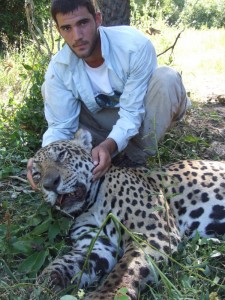
I came back to London from that Congress feeling hopeless. I understand that there are some people who think animals are more important than people, and that is fine. I equally understand that there are some people who think people should come first, and I am ok with that too. There are also those who think they are one and the same thing and both are equally important, which is where I see myself. However, what is not understandable is a group hating the other simply because they don’t share the same values. Perhaps, it is a consequence of this period where radicalism is gaining strength everywhere, where rhetoric and narratives based on no-empirical evidence are presented as truth (Brexit, Trump, impeachment in Brazil etc.). Has this embedded into the conservation world? I have no idea. Nonetheless, it was interesting to note that, at the congress, although everyone was fighting against each other, they all agreed that their main goal was a better world. At the time had I wanted to complete the sentence as “a better world, in which the other group does not exist”, but decided to not say anything; I still had to finish my PhD!
One belief I have that will remain stable is how important it is to respect other people’s ideas in order to gain their respect of your own.
Soon I will be finished and I will return to Brazil. I have no doubt that I will need to deal with many unpleasant situations, and I don’t mean from a different animal’s breath. My perception is that every day, people are getting more extreme with their beliefs. Some group’s main goal has become to destroy the other group’s idea, instead of reaching its own. They forget that the fabric of life is the great diversity we have (species, ideas, peoples, colours, etc.). I am a great example that changes in life are common and, in fact, healthy. Maybe I am more volatile than others. I confess that on one day I can believe in God and on the next one I am in total disbelief. One belief I have that will remain stable is how important it is to respect other people’s ideas in order to gain their respect of your own. Imposing your thinking or belief does not lead us anywhere useful. We cannot forget that conservation is a scientific discipline and we need to carry out interventions or actions based on empirical evidence but most importantly we need to be open to change and accept that sometimes we are wrong.
Agradecimento a Andre Siqueira e Fernando Xavier pelos insights iniciais sobre esse tema!
